Programme
Te urupare kāinga-kore Homelessness response
Housing shortages and rising rents, along with incomes that don’t align with living costs in some regions, are causing a sharp rise in homelessness in Aotearoa New Zealand. Homelessness is more than rough sleeping. It includes people who are without shelter, in emergency and transitional accommodation or in severely overcrowded housing.
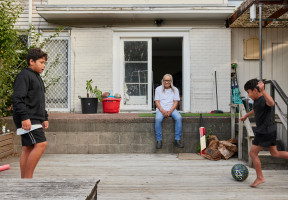
Homelessness is part of every community, we need to work together to solve it
Homelessness is experienced in every part of New Zealand and it’s important we work together to help resolve it. Our goal is to prevent homelessness where possible, and if it does happen, help people who are experiencing it back into stable housing as quickly as possible, giving them the support they need so they don't go through it again.
To achieve this, we need to boost the supply of public housing and affordable rentals and work together across central and local government, in partnership with local agencies and communities, iwi and Māori organisations.

Having a stable home is critical to wellbeing and accessing education and employment
A stable home doesn’t just provide somewhere to live, it offers a sense of safety and belonging. It makes it possible for individuals and whānau to put down roots, become part of a community, get an education, maintain a job, and look after their mental and physical health. The right support can help get people back into stable housing and communities they want to live in, or even prevent people from experiencing homelessness.
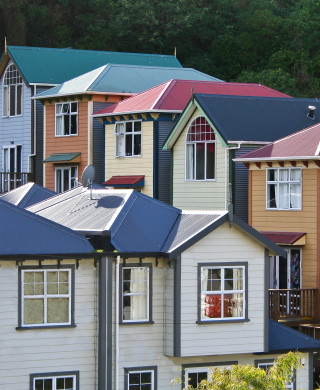
New Zealand needs more affordable housing
Rising rents are pushing more New Zealanders into housing stress and homelessness. More public housing and purpose-built rental properties suited to the needs of our growing and changing population are needed to bring supply back into line with demand and help make rents more affordable, including for those on lower incomes.
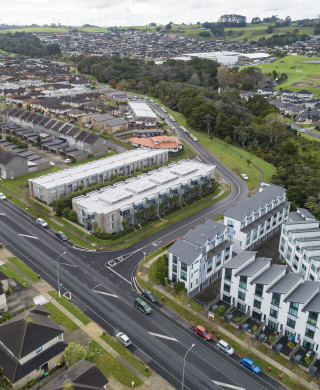
People on the brink of experiencing homelessness need a place to stay
Transitional housing provides temporary accommodation for individuals and whānau who don't have anywhere to live and urgently need a place to stay. It also offers tailored support to help these individuals and whānau into longer-term housing. People who can’t access transitional housing might be eligible for emergency housing.

Māori are most affected by the housing crisis and need to be part of the solution
Because Māori have been most affected by the housing crisis, it’s important to take a Māori-led approach to dealing with homelessness. This means not just responding to the physical realties of homelessness but also to the cultural, emotional and spiritual disconnections from kāinga and whenua.
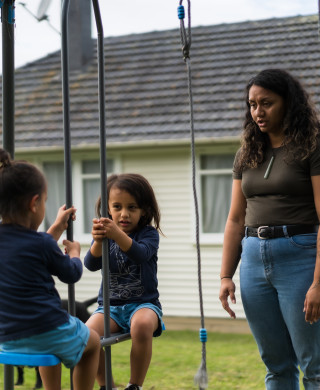
You may also be
interested in
More houses in well-planned communities

Housing by Māori, for Māori and with Māori
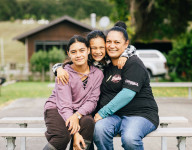
Affordable homes

Homes for renters

Māori and Iwi Housing Innovation (MAIHI) Framework for Action

Our place-based approach
